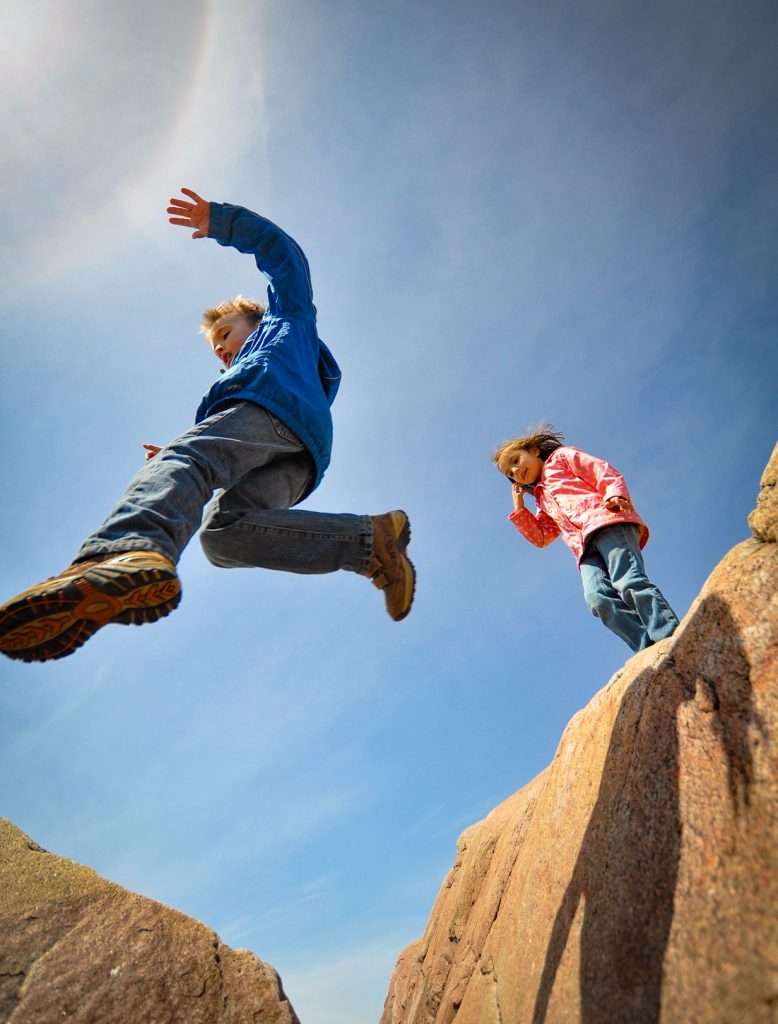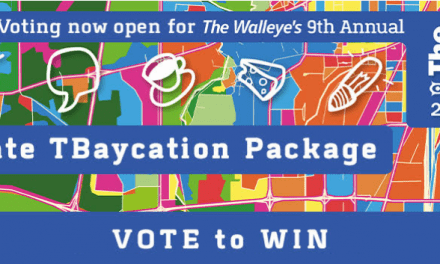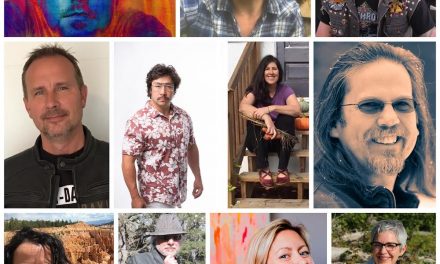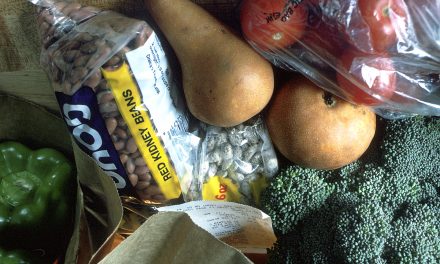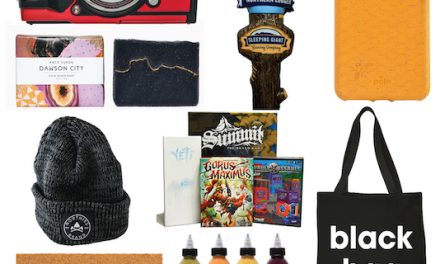Taking Dr. Brilliant’s Advice
Story and photos by Darren McChristie

Enjoying the game at the local bar(n), pre-pandemic
It’s Saturday night and normally I would be watching the Leafs lose in the third period together with my friends at the neighbourhood bar(n)—a horse barn converted to a neighbourhood pub. Instead, I’m isolated in my house with my family waiting for my father to deliver groceries and homemade soup to our doorstep. We have just returned from skiing in the Rockies and have self-quarantined for 14 days. Although we did cut our trip short (I’m not gonna lie, the skiing was epic), it was a selfish act in retrospect and now my parents are once again taking care of me as if I were a child. We are following the advice of experts, and taking every precaution to prevent spreading the virus. We are assuming we are carriers of COVID-19.The novel coronavirus, or COVID-19, is like a freight train. China, South Korea, Singapore and Taiwan have demonstrated that only with extreme measures can the virus be contained. The magnitude of its impact is hard to fathom. Millions of Canadians are out of work. Non-essential businesses and schools are closed. Panic buying is the new low, with Canadians more concerned than ever about how they will wipe their ass. Public shaming is becoming a valuable tactic to reinforce the importance of social distancing. The economy is in shambles and the world is headed for a recession, or worse, a depression. In the end, many will die. But there is still reason for hope and things for us to learn as we come out the other end of this pandemic.
Just over a hundred years ago, in the spring of 1918, the world was fighting a similar battle. The Spanish Flu infected half a billion people worldwide and killed an estimated 55,000 Canadians, mostly between the ages of 20 and 40. Like COVID-19, it was spread throughout the world by travel, albeit by ships. Although there are similarities and differences, what stands out is that inadequate quarantine measures were a major factor in failing to control the outbreak. The disorganized approach to the crisis resulted in the creation of the federal Department of Health, which made public health the responsibility of various levels of government. Today, we are seeing a much more coordinated approach to a similar pandemic, and that’s a good thing—provided we heed the advice we are given.
So what can we do in the midst of this global pandemic? We can learn from our past mistakes and follow the advice of health experts, and ignore rhetoric from the orange-faced buffoon south of the border. Mind your social distancing and take advantage of the extra time you have. Northerners are incredibly adept at being self-sufficient. Most of us choose to live with less during the summer months at camp, so we will collectively be okay. Take advantage of the fact that we live in an area of the world with plenty of wild, open spaces free of people and crowds. Get creative, and avoid the typical hikes to the Sleeping Giant (provincial parks are closed). Cherish the family time you have—it’s a blessing in disguise. Social media has a role in keeping us connected, but it can also fill our brains with useless misinformation—use it as a tool, not a time-killer. And stay positive. Epidemiologist Dr. Larry Brilliant (how can he be wrong with a name like that?) advisor to the movie Contagion, suggested in the New York Times that the best-case scenario is that the virus mutates and peters out like SARS and MERS did. According to Dr. Brilliant, “Only in movies do viruses seem to become worse.”
I look forward to getting together with my friends at the local bar(n) to once again watch the Leafs battle to make the playoffs, although it may be in August. In the meantime, I will enjoy not having to go anywhere and take advantage of slowing down and enjoying the beauty of Northwestern Ontario.
At the time of writing, The Walleye Magazine is temporarily suspending print publication and are planning a digital issue for May. We will continue to bring you the best of what Thunder Bay has to offer when Ontario comes out the other side of this pandemic. We encourage everyone to enjoy back issues, keep up to date on our website and social media feeds and, most importantly, support local businesses that have adapted to continue to provide delicious meals, supply gear to get outside, and offer other goods and services—you can’t get a haircut, but you can stay in fashion.


